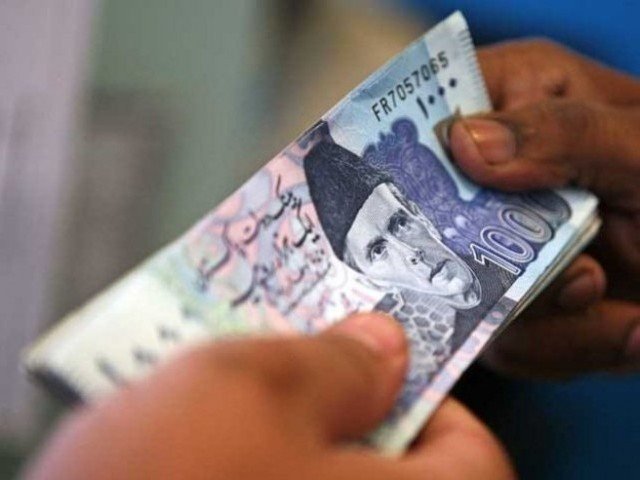According to the latest report of the State Bank of Pakistan (SBP), the government has added another nearly Rs. 6 trillion to the debt burden in just one year. The central government’s debt surged 21.3% to Rs. 33.4 trillion by the end of February as compared to the corresponding period of the last month.
During February 2019, Prime Minister Imran Khan had promised that he would reduce the public debt to Rs. 20 trillion.
The statics released by the Central Bank shows that the successive governments had added Rs. 24.2 trillion to the public debt in 71 years, which the Ministry of Finance’s projections show may jump to at least Rs. 47 trillion within five years of the PTI government.
The central government’s debt was close to Rs24.2 trillion when Imran Khan took the charge as Prime Minister, almost Rs9.2 trillion has been added so far, excluding liabilities. The central government debt, which was Rs27.5 trillion in February last year, inflated to Rs33.4 trillion as of February 2020.
The current situation seems to get worst due to the outbreak of novel coronavirus in the country. Imran Khan tried to reduce the revenue shortfall by appointing four chairpersons of the Federal Board of Revenue (FBR) in the past 20 months.
The SBP report revealed that the central government’s total domestic debt increased from Rs20.7 trillion in June last year to Rs22.7 trillion in February, a net addition of Rs1.4 trillion or 6.5%. A huge increase in the federal government’s debt was on account of long-term debt, which increased from Rs15.2 trillion to Rs16.9 trillion. There was an increase of Rs1.7 trillion or 10.8% in the long-term debt.



